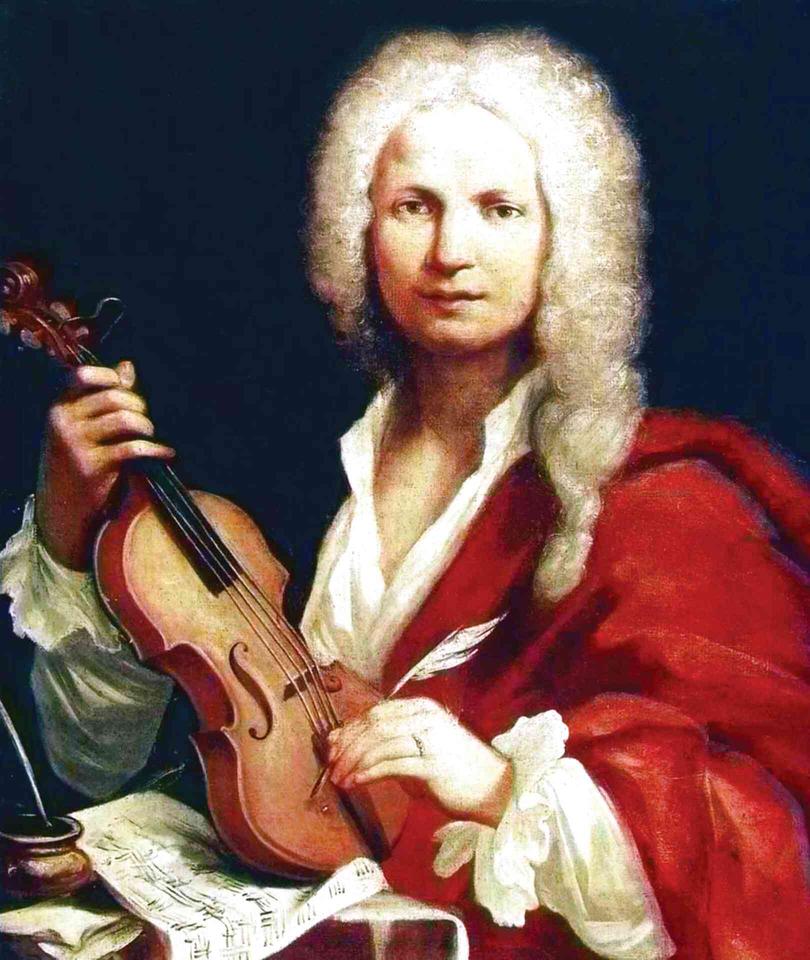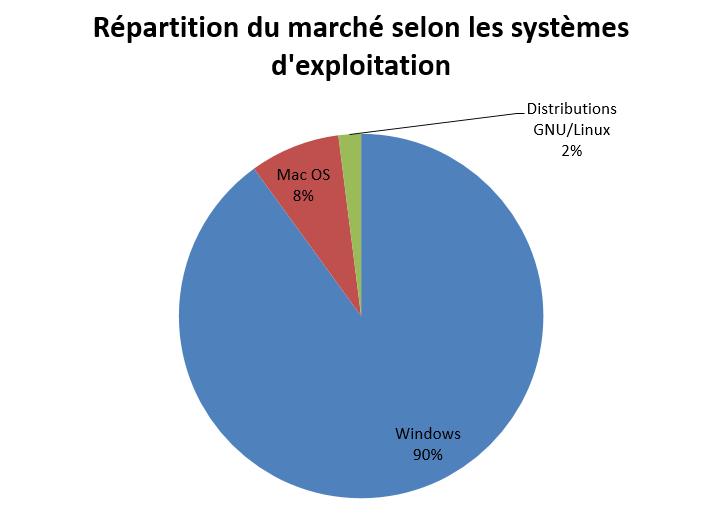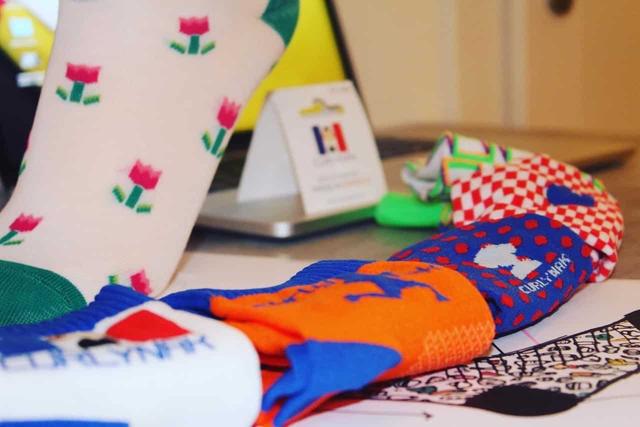The Archdiocese of Ferrara makes peace with Vivaldi after three centuries of blacklisting
Better late than never. The Archbishop of Ferrara, Giancarlo Perego attended, on Thursday evening, the inaugural performance of Farnace, Vivaldi's opera conducted by Federico Maria Sardelli at the Teatro Comunale. A significant and symbolic presence, almost three centuries after the ban by the religious authorities of Ferrara on the presence and presentation of the works of the Italian composer Antonio Vivaldi (1678-1741). And the end of a deep misunderstanding between the musician and the Church this historic metropolis of Emilia-Romagna.
Read alsoParis Opera: a season of dancing in hell on France 5
“With this gesture, we want to put an end to a rupture that needed to be healed,” conductor Federico Maria Sardelli told a press conference on Thursday, offering Archbishop Giancarlo Perego a copy of Vivaldi's Farnace libretto. A gift that would have been experienced as a snub, in the middle of the 18th century, at a time when the Italian composer had become persona non grata in Ferrara. The genesis of the dispute dates back to 1737, in the last years of Vivaldi's life. At the initiative of Cardinal Tommaso Ruffo, the performances of Farnace expected in the city had been banned because of the reputation deemed too sulphurous of the musician who, it was said, no longer celebrated mass and had an extramarital relationship with an opera singer. .

Suspicions of impiety
Rumors that had a grain of truth. The baroque composer, then aged 59, could no longer sing mass due to breathing difficulties, possibly asthma, and health presented as valetudinarian. As for his relationship with the singer Anna Giró, it would never have exceeded the bounds of decency and friendship, even if it earned him a lot of gossip. Tolerated in Venice, these stories were more damning in the territory of the Papal States, of which Ferrara was then a part. "Vivaldi has more than once wavered between the lines of what was acceptable," Catholic Church historian Massimo Faggioli told AP. However, he had eventually been caught up in the close control that the authority of the Church and the Vatican exercised over culture.
Read alsoHaydn-Vivaldi: the match of the monster integrals
The disappointment of the tour of his Farnace, a dramatic opera which he had composed in 1727, however earned Vivaldi serious financial problems which pursued him until his death in Vienna, four years later. In the absence of his person, his music has since been able to find its way back to Ferrara and onto the stage of the Teatro Comunale. Which was not the case with his Farnace. Until this week. “We wanted to give back to Vivaldi what was taken from him here in Ferrara,” said the artistic director of the Teatro comunale, Marcello Corvino, on Thursday, happy to put an end to this misunderstanding.
Epilogue of this secular cold between the Church of Ferrara and the Italian composer, Archbishop Giancarlo Perego hailed the performance of the opera, however late it may be. The clergyman publicly admitted that the reputation and probity of Vivaldi and de la Giró were well attested and that his august predecessor, Cardinal Ruffo had obviously been misled by rumours. Three centuries of Vivaldian fake news thus close. In music.







